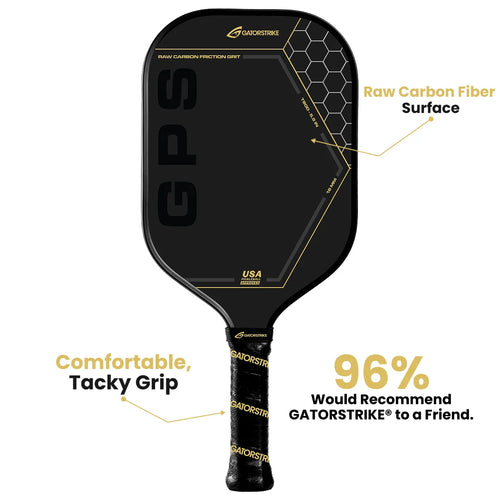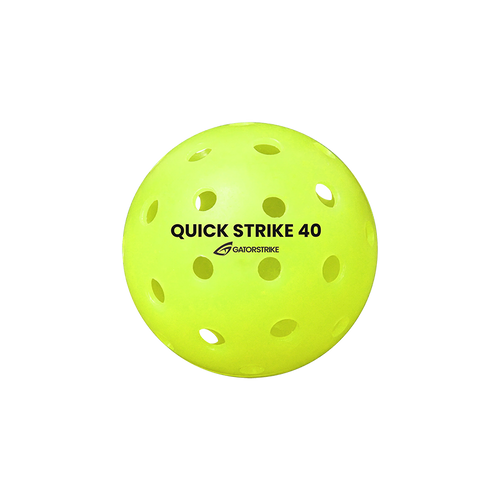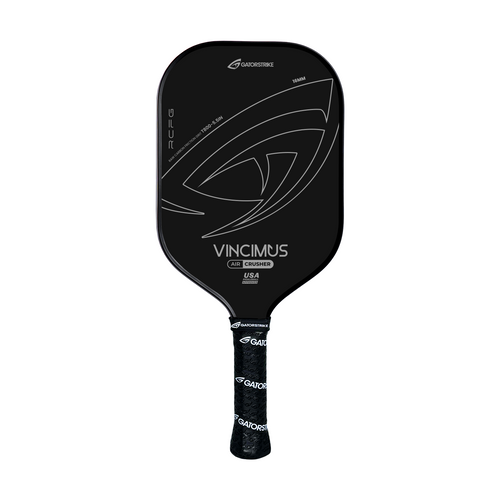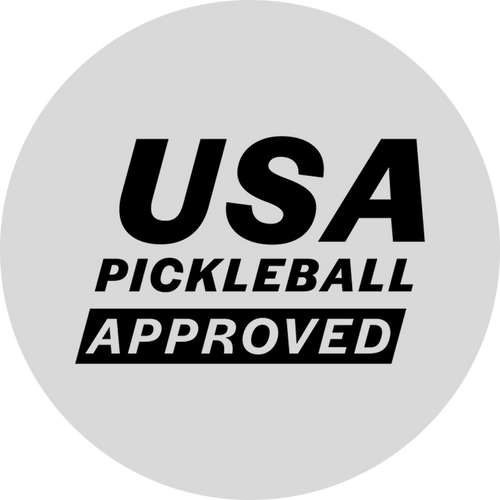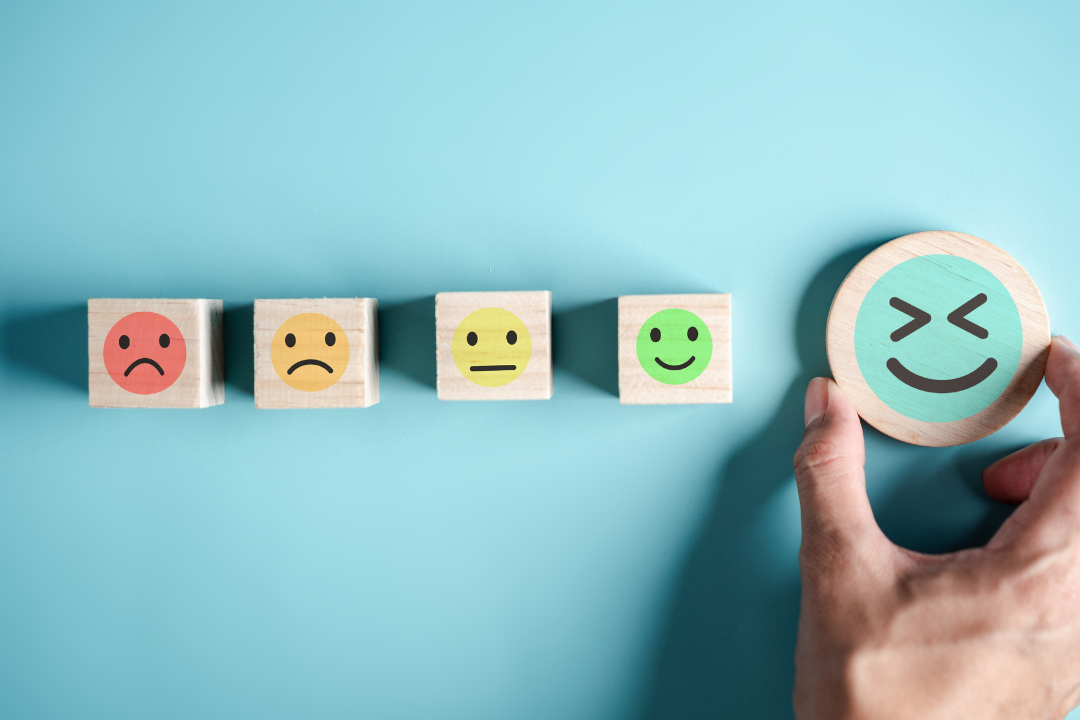
The Science Behind Pickleball’s Impact on Emotional Wellness
Share
Pickleball, a sport growing in popularity across generations, offers more than a fun way to stay active—it is a scientifically-backed boost for emotional wellness. Combining physical activity, social interaction, and cognitive engagement, pickleball creates a trifecta of mental health benefits that can elevate emotional well-being.
Endorphin Elevation Through Physical Activity
Engaging in pickleball activates the body’s natural stress-reduction system. Physical exertion triggers the release of endorphins, neurochemicals often referred to as "feel-good hormones." These endorphins not only improve mood but also alleviate anxiety, making pickleball a natural antidote to stress. The sport’s moderate intensity ensures that players experience these benefits without overexertion, catering to a wide range of fitness levels.
The Role of Social Connectivity
Humans are inherently social beings, and pickleball thrives on interaction. Whether teaming up for doubles or enjoying post-game camaraderie, the sport fosters meaningful relationships. Social psychologists emphasize that consistent social engagement can reduce feelings of isolation and loneliness, both of which are linked to emotional distress. Pickleball’s inclusive nature creates an environment where players feel a sense of belonging, reinforcing emotional stability.
Cognitive Engagement and Emotional Balance
Pickleball is as much a mental game as it is a physical one. Strategic planning, quick reflexes, and adapting to opponents’ moves keep the brain engaged, promoting neuroplasticity. This cognitive stimulation reduces the risk of mental fatigue and enhances emotional resilience. The focus required during play also helps participants enter a flow state—a mental zone characterized by heightened concentration and a sense of achievement.
Mindfulness in Motion
Unlike repetitive workouts, pickleball immerses players in the present moment. The game’s rhythm and unpredictability draw attention away from stressors, encouraging mindfulness. Studies show that such active mindfulness reduces cortisol levels (the stress hormone), promoting a calmer, more balanced emotional state.
Inclusivity as a Wellness Factor
Pickleball’s accessibility—welcoming players of all ages and skill levels—ensures that everyone can partake in its benefits. This inclusivity fosters an uplifting environment where individuals feel supported and valued, which is crucial for emotional health.
Conclusion: A Game for Emotional Resilience
Pickleball’s impact on emotional wellness is grounded in both science and practice. By blending the physical, social, and mental aspects of health, it offers a holistic approach to enhancing well-being. Whether you're seeking stress relief, new connections, or a way to stay present, pickleball serves as a powerful and joyful solution.
Grab a paddle, step onto the court, and experience the emotional lift that comes with every rally. In the world of pickleball, wellness is just a serve away.
